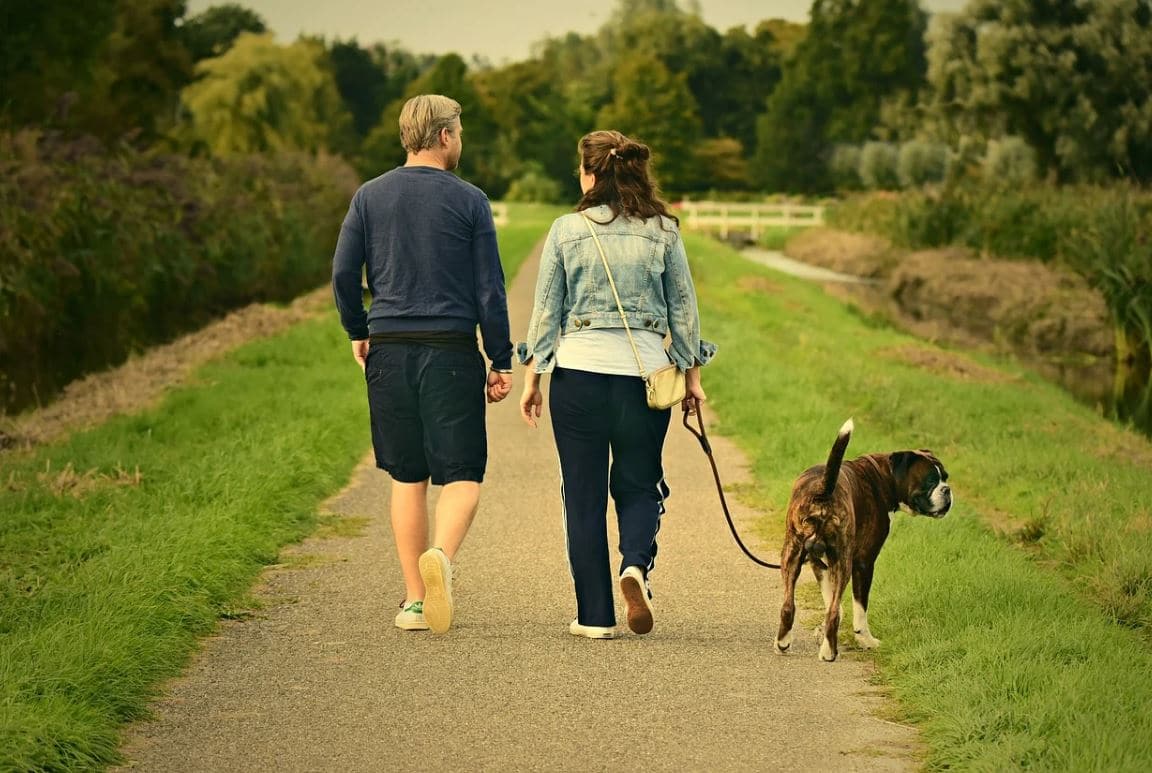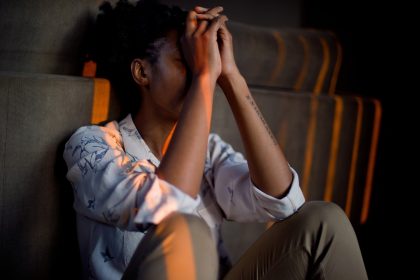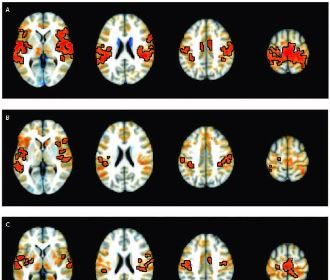Therapists Offer Help in Dealing With Stress During the Pandemic

WASHINGTON – Fear. Anxiety. Grief. Helplessness. Depression. There are many ways Americans are feeling about the health and economic crisis that surrounds us as the coronavirus pandemic sweeps through the nation.
Many are turning to friends and family for comfort. Others are seeking the advice of therapists and trusted professionals who can provide proven ways to cope with the stress of the unknown.
Margie Warrell, the founder of Global Courage, a speaker and author who is currently working on her Ph.D. for psychology and coaching, is finding that she has to take her own advice these days. She tells clients to “embrace the uncertainty of the moment,” but when her husband, Andrew, was diagnosed with COVID-19, she admits the scare took her a while to process.
“During the first hour or two [after receiving the news], I felt overwhelmed — a mixture of anxiety and disbelief. I reached immediately out to my sisters and a couple of close friends to share the news and just be really vulnerable. Yes, there were tears,” she told TWN. “But when I woke up the next morning, I did exactly what I encourage others to do.”
Among those tips were to speak calmly, triple-down on resilience rituals, and count your blessings.
“Don’t talk up stress,” she insists. “This isn’t about denying unpleasant realities and downplaying legitimate dangers, but… our words create our reality, so speak calmly and use language that implies that you trust yourself to meet your challenges as they arise.”
She also emphasizes the importance of creating routines and rituals that promote personal well being.
“Exercise. Eat well. Get sleep. Meditate. Journal. Get out in nature. Prioritize your schedule. Do more of whatever activities recharge and reset your headspace and help you recenter in your innate capacity to rise to the time,” she says.
And while you’re working on your best self, know that gratitude is medicinal.
“Actively seek out positives,” she says. “Bookend your day with writing down 10 things you’re grateful for. Appreciate the everyday things – from the spring sunshine to your ability to read this article.”
“Few things compromise our immune system more than the stress that worrying creates, so focus on what strengthens you, not what scares you. Fear fuels fear, and in this anxious climate, we have to be deliberate in placing our attention into good news stories and onto the good we want to gain for ourselves from this period. Worrying about what you don’t want to happen is like praying hard for bad outcomes.”
“In any dynamic time, I want to make an important distinction between change and transition,” shares Julie Lopez, Ph.D., LICSW, EMDR-C and Founder of the Viva Center in Washington, DC. “Change is what is happening all around us in the world, and it includes things we cannot control. Transition is something that happens to us internally and we have lots of ways to adjust that.”
Lopez knows her DC-area clients can be compulsively drawn to the news, so she suggests setting boundaries on media consumption and making sure to take in a balance of reliable sources.
“All news is not the same. Some outlets are more sensational than others. If you find yourself being drawn to the heavy crisis-oriented news, it may be a form of your body seeking validation for its own fears of the future and — believe it or not it — can actually become its own addictive train wreck,” she says. “Daily news can be limited to scientific sources like the CDC and WHO. My advice is to let your body be your guide.”
Like Warrell, she advises prioritizing the nurturing of yourself and focusing only on the things you can control.
“Your world may have gotten a lot smaller. You’re home. Accept that really hard things are happening and give yourself time to sleep a little more and engage in things that bring you joy,” she offers. “Focus on meals you will eat; what you will do in your spare time; who you will connect with. Make conscious choices to connect more with those who exude more acceptance and peace during this time.”
Reaching out to people to share how you are feeling is not a sign of weakness, and if at this time, you need to reach out for professional help, Lopez says, “you are not alone.”
“We are in a world crisis and mental health struggles are on the rise.”
For her part, Lopez is de-stressing by taking long walks with her dog and luxuriating in the bathtub. She sleeps more to help her body process the grief and trauma and is seeking out programs from her favorite comedians so she can laugh with family, friends, and colleagues.
Warrell, still waiting on the all-clear for her husband in the coronavirus isolation ward in Singapore, is getting through her own quarantine not focused on isolation, but on spending quality time with her son and herself.
“I turn on my favorite ‘soul-lifting’ music and get out my journal. [When I first got Andrew’s news], I wrote down how I was feeling, and processed the emotions. Then I asked my ‘Inner sage’ what they wanted me to know… this always reconnects me to my own truth and power and guides me in responding from a place of purpose, compassion, and contribution.”























